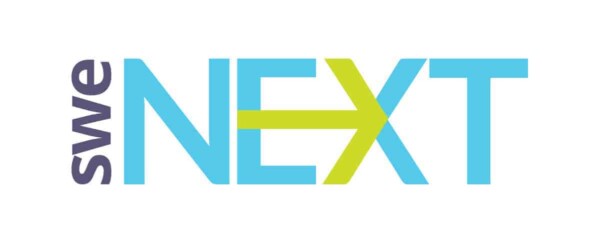Now that the midterm elections are over, all eyes in D.C. are on the Federal Communications Commission (FCC) as it considers new net neutrality rules. The discussion took center stage when President Obama issued a statement putting pressure on the FCC to protect net neutrality. Influential in eliciting the president’s statement were the more than three million public comments received by the FCC regarding stricter rules for network management. If the FCC adopts President Obama’s recommendations, internet service providers (ISPs) would have to treat all internet traffic equally and would be prohibited from blocking any legal content or from intentionally slowing down or speeding up content for their own preferences. Additionally, to avoid special treatment, more transparency will be needed and a ban on paid prioritization will be required. However, the President also stated that there should be forbearance on rate regulation.
If the FCC is to design these types of rules, consumer broadband service will need to be reclassified under title II of the Communications Act of 1934, which makes it unlawful for “any common carrier to make any unjust or unreasonable discrimination in charges, practices, classifications, regulations, facilities or services for or in connection with like communication service, directly or indirectly, by any means or device, or to make or give any undue or unreasonable preference or advantage to any particular person, class of persons or locality, or to subject any particular person, class of persons or locality to any undue or unreasonable prejudice or disadvantage.” Other vital services, such as telephone services, fall under this classification.
Those against net neutrality claim that treating the internet like a public utility will stifle innovation and believe that the management of the network should be left to network engineers. In February, republicans introduced H.R. 4070, The Internet Freedom Act, which is designed to prohibit the FCC from regulating certain network management practices of broadband internet access service providers.
Those in favor of network neutrality consider the stakes of this debate to be nothing short of maintaining equal access to information and opportunities. In June, democrats introduced HR 4880/S2476, the Online Competition and Consumer Choice Act of 2014, which directs the FCC to promulgate regulations that prohibit certain preferential treatment or prioritization of internet traffic.
While many communities are already experiencing unequal access to what technology and the internet can offer in terms of information, services and educational opportunities on the consumer side (which calls into question the forbearance on rate regulation), there is also unequal access on the business side, be it storefront or online. As more underrepresented minorities and women in STEM seek to bring their products to market and to create their own businesses, it will be harder for them to compete if they have to pay more to reach their clients at the same rate as larger companies, who can afford high priority access. An uneven playing field is an environment that not only impedes innovation and the entrepreneurial spirit, but also effectively eliminates diverse contributions. Net neutrality, therefore, will enable a dynamic online marketplace. Would this debate be raging if it were not for the millions of public comments that the FCC received?
Despite the gridlock that occurs in D.C., our voices can still be heard when we amplify them by joining the public conversation. Women in STEM have the opportunity to drive this conversation and influence public opinion. Please comment below and share your views. Also, contact your elected officials and share your expertise and opinions.
Author
-
![SWE Voices in Major Policy Debate Over Net Neutrality [] SWE Blog](https://alltogether.swe.org/wp-content/uploads/2021/10/swe-favicon.png)
SWE Blog provides up-to-date information and news about the Society and how our members are making a difference every day. You’ll find stories about SWE members, engineering, technology, and other STEM-related topics.






